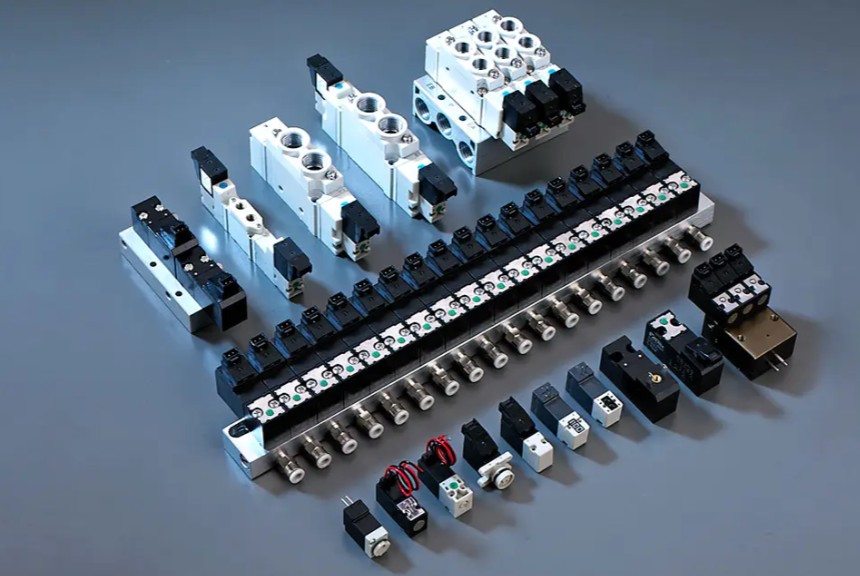
The Role of Miniature Solenoid Valves in Automotive Systems
Miniature solenoid valves have become an integral part of automotive systems, playing a crucial role in controlling and regulating fluid flow. These valves find versatile applications across various automotive components, including engine management, fuel systems, transmission systems, braking systems, and HVAC systems.
In engine management, miniature solenoid valves are commonly used to control the flow of air, fuel, and exhaust gases. They help in achieving precise fuel injection and air/fuel mixture control, contributing to improved engine performance, fuel efficiency, and reduced emissions. These valves work alongside other engine management components to ensure optimal combustion and smooth engine operation.
Fuel systems in modern vehicles rely heavily on miniature solenoid valves. These valves regulate the flow of fuel from the tank to the engine, enabling efficient fuel delivery to meet the engine's demands. They are often integrated into fuel injectors, fuel pressure regulators, and fuel pumps. By accurately controlling the fuel flow, solenoid valves help optimize fuel consumption and enhance engine efficiency.
Transmission also benefit from the inclusion of miniature solenoid valves. These valves play a vital role in controlling the flow and of transmission fluid within the system. By accurately directing the flow of fluid, they enable smooth gear shifting, efficient torque conversion, and improved overall performance of the transmission system.
Braking systems rely on miniature solenoid valves for precise control and of hydraulic pressure. These valves are commonly found in antilock braking systems (ABS) and electronic stability control (ESC) systems, ensuring prompt and accurate brake actuation. Solenoid valves allow for quick adjustments in hydraulic pressure, reducing risk of wheel lock-up and skidding during sudden braking or on slippery surfaces. This enhances vehicle stability and safety.
Additionally, miniature solenoid valves play a role in HVAC systems, particularly in controlling refrigerant flow in automotive air conditioning systems. These valves help regulate the flow of refriger between the evaporator, compressor, condenser, and expansion valve, facilitating efficient cooling or heating of the vehicle cabinIn conclusion, miniature solenoid valves have become indispensable components in automotive systems. By providing precise control and regulation of fluid flow, these valves contribute to improved engine performance, fuel efficiency, transmission functionality, braking system safety, and HVAC system operation. As automotive technology continues to advance, the demand for miniature solenoid valves is expected to grow, further enhancing vehicle performance, safety, and comfort.

 English
English 简体中文
简体中文



